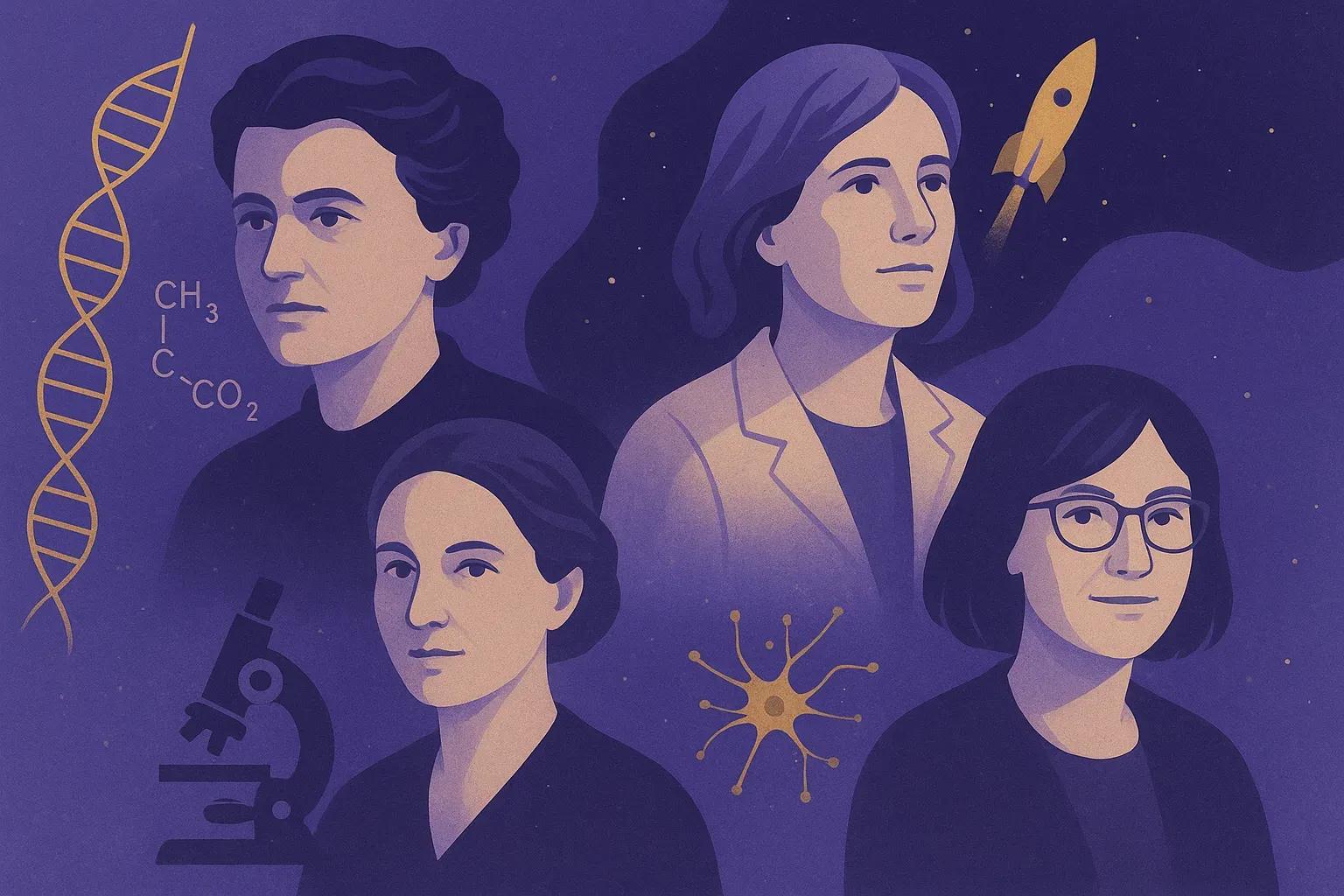To list all the discoveries that science has made throughout history would require more than a single page, but rather countless pages filled with findings that changed the course of humanity. However, among these long lists, there is often an essential chapter that is missing: that of women. For centuries, their contributions have been made invisible, relegated to footnotes or even attributed to others. Many of them worked in silence, building knowledge without receiving the recognition they deserved.
But history, sooner or later, makes justice. Today we know that behind fundamental theories, medical advances, and the technology we use daily, there were brilliant female minds that paved the way. And thanks to that legacy, we no longer talk just about forgotten pioneers; we talk about living scientists, present and leading institutions, winning Nobel prizes, and determining the direction of contemporary science.
Among the leading scientists of this generation, we can highlight:
Pam Melroy: current deputy administrator of NASA and former astronaut. She was one of the few women to command space shuttles and today leads strategies that define the future of space exploration.
Jennifer Doudna and Emmanuelle Charpentier: won the Nobel Prize in Chemistry in 2020 for developing the CRISPR-Cas9 tool, which revolutionized genetic editing and opened the door to curing previously unthinkable diseases.
May-Britt Moser: Norwegian neuroscientist, Nobel laureate in 2014, discovered the "grid cells" that explain how the brain creates spatial maps. Her findings are key to understanding memory and diseases such as Alzheimer’s.
Katalin Karikó: a pioneer biochemist in messenger RNA technology, the basis of COVID-19 vaccines. Her persistence, after years of academic rejection, changed modern medicine forever.
Dava Newman: aerospace engineer, former director of the MIT Media Lab, designs next-generation space suits and works on technologies for colonizing Mars.
The history of science cannot be told without the women who made it possible. The past and present intertwine in a single legacy: that of minds that challenged prejudices and expanded the frontiers of knowledge. From those relegated to footnotes to those who now head space agencies, they all stand as proof that science flourishes when built with diversity.
Recognizing them is not a symbolic gesture; it is an act of justice and, above all, an investment in the future. Because every girl who finds inspiration in these role models can become the next architect of knowledge. And then, perhaps within a few years, the lists of discoveries will no longer need to clarify who made them; they will simply reflect a collective knowledge, free of silences and exclusions.
If you are a man, think that many of your future colleagues, bosses, or even mentors will be women. And far from taking away space, their presence will enrich your own path in science.
And if you are a woman, may your name one day be remembered among those who dared to challenge the limits of knowledge. Because science needs all minds, and perhaps the next great revolution will bear your signature, because "For most of history, Anonymous was the name of a woman."
By Sol Aebi, student of the Biotechnology degree (UADE)

Comments